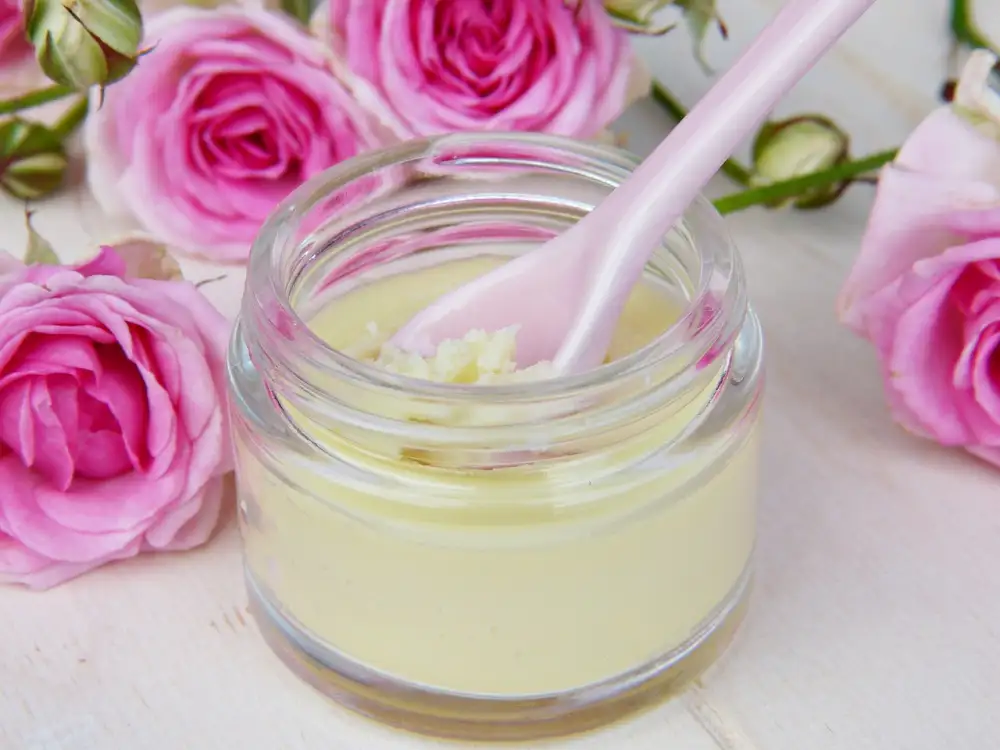Unlocking the Truth Behind Acne: Strategies for Clearer Skin

Acne, a common skin condition affecting millions worldwide, occurs when hair follicles become clogged with oil and dead skin cells. It typically appears on the face, neck, chest, shoulders, and back. Acne can range from mild to severe and may cause emotional distress and scarring. Hormonal changes during puberty, stress, genetics, and certain medications can contribute to acne development. Understanding the causes and symptoms of acne is crucial for effective management and prevention strategies.
Causes of Achne
Acne is a common skin condition that occurs when hair follicles become clogged with oil and dead skin cells. The exact causes of acne are multifactorial, with several key factors contributing to its development. Hormonal changes, particularly during puberty or menstruation, can lead to increased oil production in the skin. Genetics also play a role, as individuals with a family history of acne are more likely to experience it themselves. Additionally, certain medications, such as corticosteroids or lithium, can trigger acne flare-ups. Bacteria on the skin, specifically Propionibacterium acnes, can exacerbate inflammation and contribute to the formation of pimples. Lastly, environmental factors like pollution and humidity can worsen acne by clogging pores and increasing oil production. Understanding these causes is crucial in developing effective treatment and prevention strategies for clearer skin.
Symptoms of Achne
Symptoms of acne can vary in severity and appearance. Common signs include blackheads, whiteheads, pimples, cysts, and nodules on the skin. These blemishes often appear on the face, neck, chest, back, and shoulders. Acne can also cause inflammation, redness, and tenderness around the affected areas. In some cases, acne may lead to scarring if not treated properly. It is essential to address these symptoms promptly to prevent further complications and maintain healthy skin.
Treatment Options for Achne
Treatment Options for Acne
When it comes to treating acne, there are several options available depending on the severity of the condition. Over-the-counter products containing ingredients like benzoyl peroxide, salicylic acid, or sulfur can help to unclog pores and reduce inflammation. For moderate to severe acne, a dermatologist may prescribe topical or oral medications such as retinoids, antibiotics, or hormonal therapy.
In some cases, procedures like chemical peels, laser therapy, or extraction of comedones may be recommended to improve skin texture and reduce scarring. It's important to follow a consistent skincare routine and give treatments time to work before expecting immediate results. Consulting with a healthcare professional can help determine the most effective treatment plan for individual needs.
Prevention Tips for Achne
Prevention Tips for Acne:
1. Keep your skin clean by washing it gently twice a day with a mild cleanser to remove excess oil and dirt.
2. Avoid touching your face with dirty hands to prevent the spread of bacteria.
3. Use non-comedogenic skincare products to avoid clogging pores.
4. Protect your skin from the sun by using sunscreen daily to prevent acne scarring.
5. Maintain a healthy diet rich in fruits, vegetables, whole grains, and lean proteins to support clear skin.
6. Stay hydrated by drinking plenty of water throughout the day to flush out toxins.
7. Manage stress through relaxation techniques like yoga or meditation as stress can trigger acne flare-ups.
By following these prevention tips consistently, you can help reduce the likelihood of developing acne and promote clearer, healthier skin.
Impact of Diet and Lifestyle on Achne
Impact of Diet and Lifestyle on Acne:
Research suggests that diet and lifestyle choices can significantly impact acne. High-glycemic foods like sugary snacks and processed carbohydrates can trigger acne by increasing insulin levels, leading to inflammation and excess oil production in the skin. Dairy products may also exacerbate acne due to hormones present in milk. Additionally, stress can worsen acne by triggering hormonal changes that increase oil production.
On the other hand, a diet rich in fruits, vegetables, whole grains, and lean proteins can help reduce inflammation and promote clearer skin. Drinking plenty of water helps flush out toxins from the body, aiding in maintaining healthy skin. Regular exercise not only reduces stress but also improves blood circulation, which can benefit skin health.
Making conscious choices to limit sugary and processed foods while incorporating more nutrient-dense options into your diet can have a positive impact on acne. Additionally, managing stress through relaxation techniques like yoga or meditation can help improve overall skin condition.
When to Seek Medical Help for Achne
When to Seek Medical Help for Acne:
If over-the-counter treatments and home remedies fail to improve your acne after several weeks, it may be time to consult a dermatologist. Additionally, if your acne is severe, causing deep cysts or nodules, or if it is leaving scars on your skin, seeking medical help is crucial. It's also important to see a doctor if your acne is significantly impacting your self-esteem and mental well-being. A dermatologist can provide personalized treatment options such as prescription medications, topical treatments, or procedures like chemical peels or laser therapy to effectively manage stubborn acne and prevent long-term scarring.
Published: 09. 04. 2024
Category: Health



